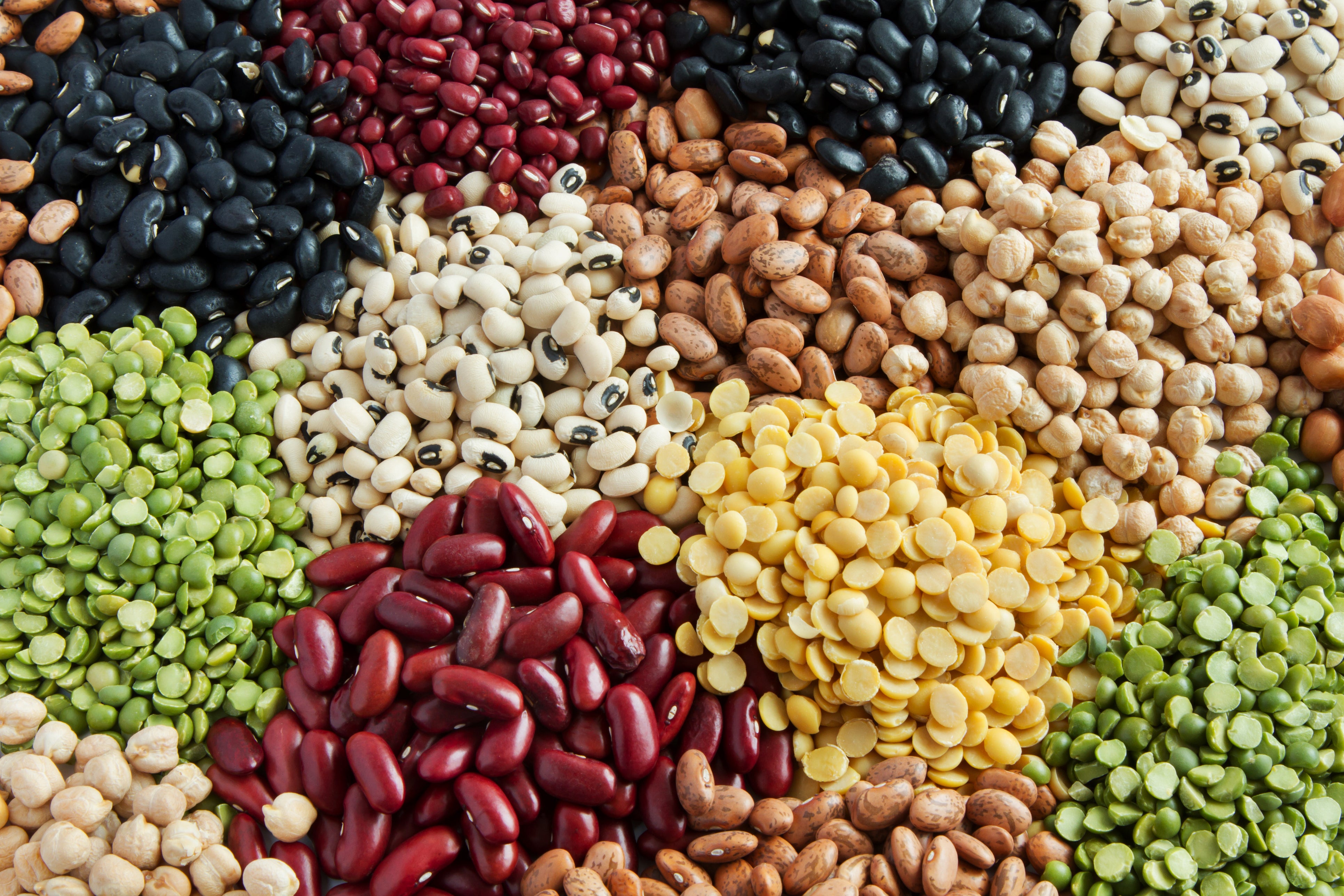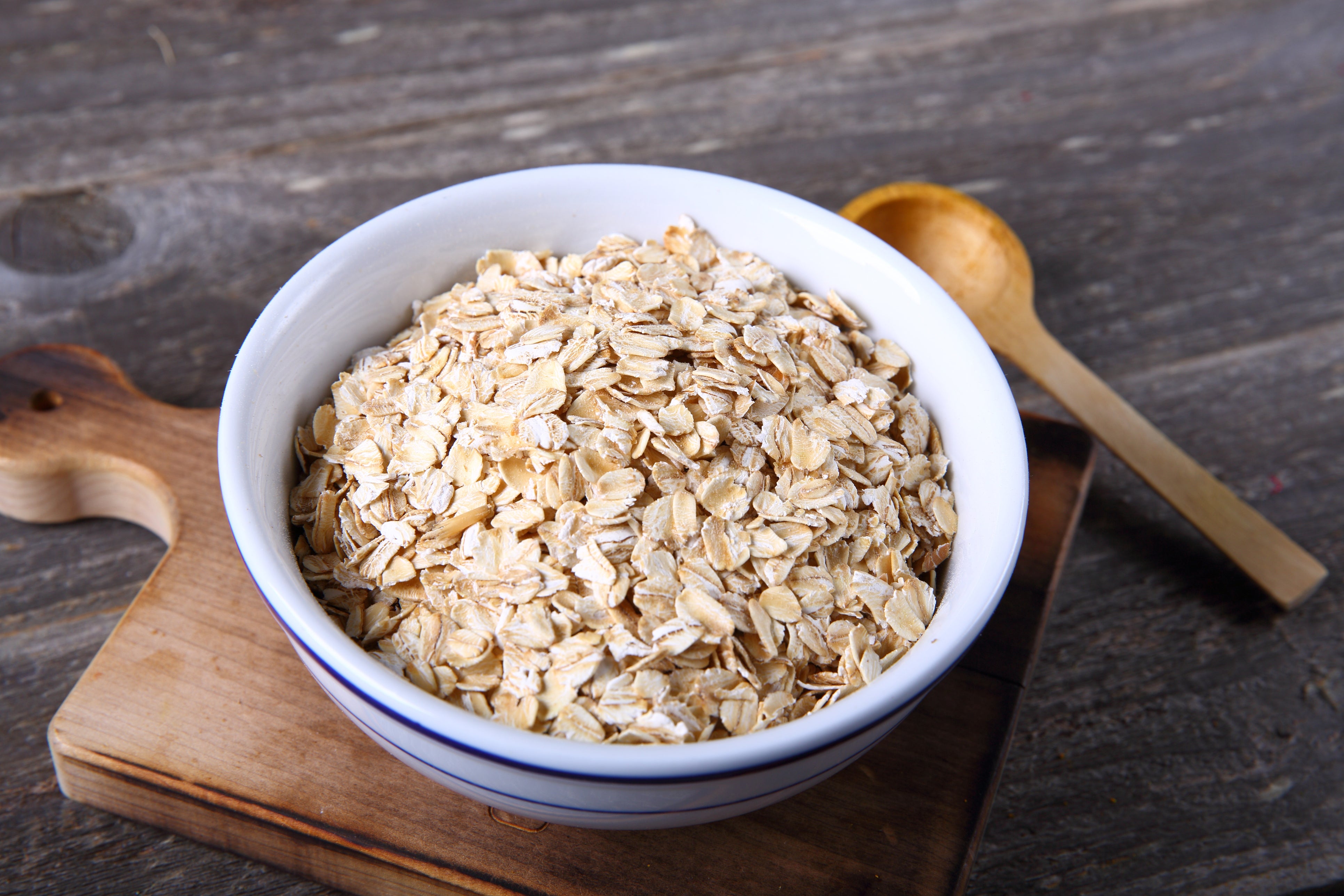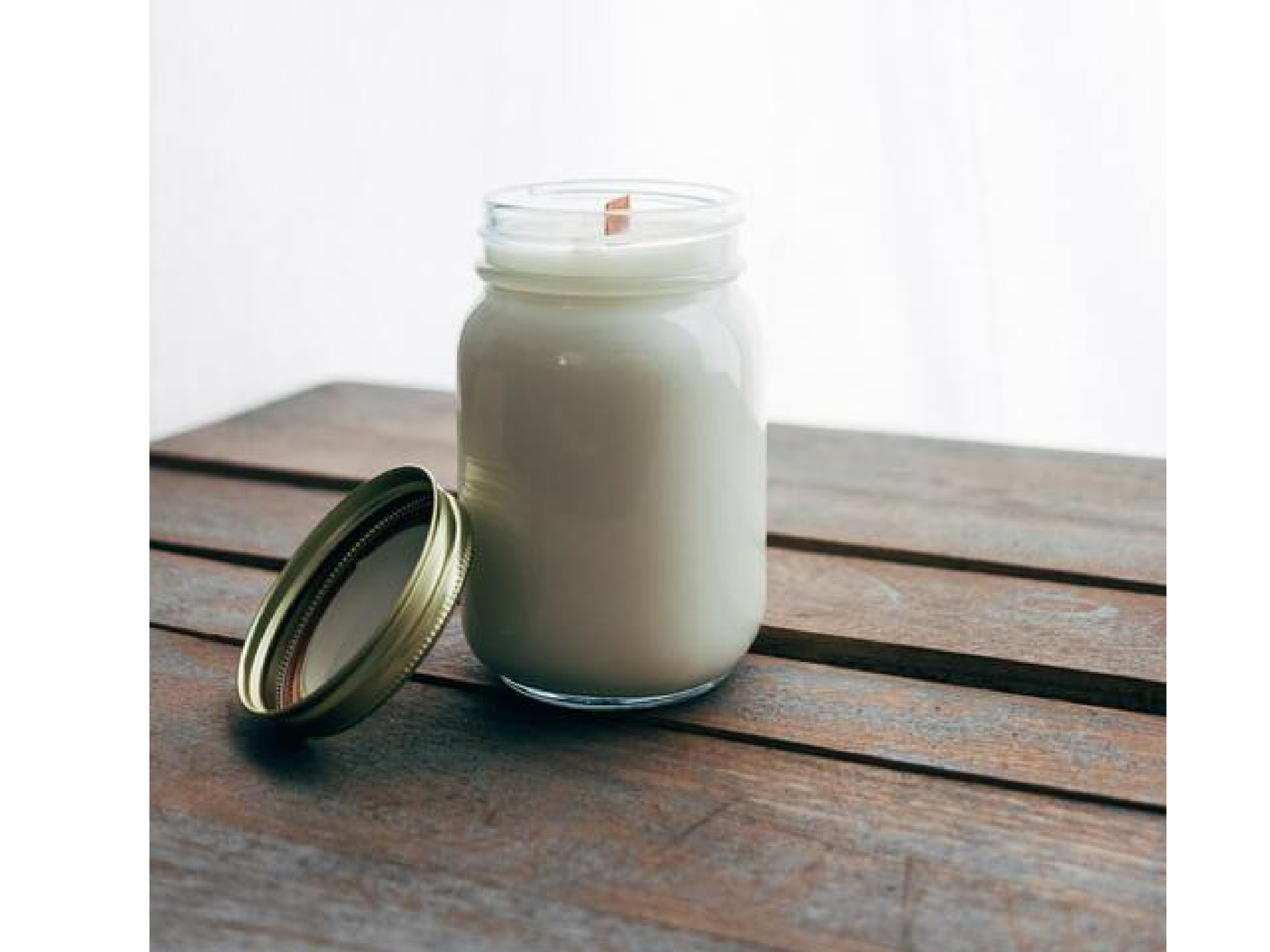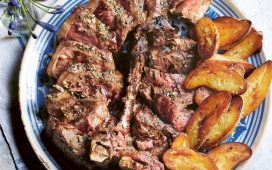According to experts, from neurologists to nutritionists, good health starts with the gut. Home to trillions of microorganisms that play a vital role in digestion, nutrient absorption and immune function, the gut can make a significant difference to both physical and mental health, so it’s well worth prioritising a healthy microbiome.
There’s a two-way communication between the gut and brain, and several studies have shown that imbalances in gut bacteria have been linked to conditions such as long-term anxiety and depression. Research suggests that keeping our gut healthy also helps train our immune system to differentiate between friend and foe, preventing inflammation and autoimmune disorders, and boosting mood year round.
So how exactly does one maintain gut health? The answer lies in what you eat.
Experts like Tim Spector explain that by eating 30 plants a week, the gut will be fed with the prebiotic and probiotic nutrients it needs to function optimally. Foods that contain essential B vitamins and Omegas like meat, eggs and fish also play a role in stabilising the gut-brain axis and maintaining optimal health. However, many people struggle to determine exactly which foods are high value and how to eat more of them.
Furthermore, according to gut health expert Dr Azadeh Ovaici, how you cook your food is also important. “[You need to] make sure these foods are cooked in the correct way so as to not kill off their effective properties for them to have beneficial effects,” she explains.
In recent years, supplements have grown in popularity, offering a quick fix by delivering high quantities of nutrients and good bacteria to the gut. Supplements are all well and good, especially if you’re deficient in important nutrients, but really, our first line of defence should lie in the food we eat.
Gemma Stuart, founder of Gut Wealth says: “Diets with more prebiotic fibres tend to result in more varied beneficial bacteria in our gut microbiome. Prebiotic fibres nourish the whole body and are part of what our bodies need for a healthy immune system, which can reduce inflammation in the gut and brain.” She adds: “Prebiotic fibre is found mostly in the fruit, vegetables, legumes, nuts and seeds that we all should be eating as part of a balanced diet. The reason we need these prebiotic fibres isn’t just about healthy gut and good digestion, it can also affect our mental wellness.”
Relying on a probiotic or prebiotic supplement alone means you may be missing out on some key microbes that you can only get from food. Supplements typically only contain a few specific strains of bacteria, while a healthy gut microbiome thrives on diversity.
Another benefit of eating a variety of wholefoods is that foods high in prebiotics and probiotics often contain other essential vitamins, minerals and fibre that can boost your health in other ways. With the help of a team of nutrition experts, we’ve put together a guide to everything you need to know about the prebiotic and probiotic foods that naturally supercharge gut health.
Best prebiotic foods to eat for gut health
Oily fish
According to Lucy Kerrison, a nutritionist specialising in gut health, oily fish, such as salmon, trout and mackerel are high in Omega-3. “They’re a great prebiotic for our gut bacteria,” she says.
In a study carried out by researchers from Nottingham University and Kings College London, people who consumed more Omega-3 than the rest of the population had a more diverse gut microbiome. They also had higher levels of N-carbamylglutamate (NCG) – a bacteria that has previously been linked to lower inflammation and a lower risk of obesity.

Pulses
Beans, chickpeas, lentils, peas and other pulses are a “must-eat”, according to Kerrison. “Most people just don’t eat enough pulses,” she explains. “They’re a great prebiotic, and provide minerals such as iron, zinc and magnesium.”
Pulses are excellent sources of prebiotic fibre – the preferred food of our gut bacteria. So, if you eat enough lentils and beans, you are giving your gut the right conditions for good bacteria to thrive. Pulses tend to be affordable, too, with a large 1kg bag of lentils (enough to last a month or more) available for about £4 (£3.99, Amazon.co.uk).
Extra virgin olive oil
High in Omega-3s and polyphenols, supporting gut health and the microbiome, extra virgin olive oil (£10.95 for 750ml, Amazon.co.uk) can help stimulate the growth of beneficial bacteria in the gut, while reducing harmful bacteria. It can also help reduce inflammation in the gut by supporting the production of cytokines and transcription factors that promote immune tolerance.
However, be careful how you consume it. Kerrison advises: “Choose extra virgin olive oil in a dark bottle and enjoy in your diet raw, as cooking can damage the polyphenols and light can degrade the oil.”
Onions
Onions are rich in inulin and fructooligosaccharides (FOS), which are among most common prebiotic molecules. According to nutrition experts at Zoe, “animal studies show that FOS might help support your immune system. And some evidence suggests that they have anti-inflammatory and antioxidant properties, which enhance the gut immune system.”
Garlic
Garlic also contains the prebiotics inulin and FOS to help your good gut bacteria thrive. Luckily, garlic is easy to incorporate into most recipes and is used widely in foods that most of us enjoy. Some evidence suggests that another prebiotic in garlic called fructan might stimulate the growth of beneficial bifidobacteria.
“We know that bifidobacterium longum are particularly good for mood and anxiety,” explains gut health expert, Dr Azadeh Ovaici. So adding more garlic to your diet could help boost your mood and stave off symptoms of poor mental health.
Mushrooms
According to the experts at Zoe, mushrooms “contain a number of prebiotics, including chitin, hemicellulose, mannans, galactans, and xylans”. These are all polysaccharides that feed the friendly bacteria in the gut.
Read more: This easy overnight oats recipe is my go-to for a breakfast that keeps me full
Oats
Oats are also a great source of prebiotic fibre, as well as offering slow release energy. The prebiotic fibre in oats is called beta-glucan and not only does it help with keeping your gut healthy, it can also prevent blood sugar spikes and contribute to healthy cholesterol levels. Oats also contain magnesium, zinc and other beneficial phytochemicals.

Flaxseed
Flaxseed is also a source of prebiotic fibre and one of the richest sources of lignans – naturally occurring plant chemicals – in our diet. Nutritionist Jane McClenaghan says: “Lignans have been shown to have anti-inflammatory, antioxidant and phytoestrogen, or hormone balancing, effects.”
She adds that flaxseed is also “a good source of protein and magnesium, nutrients which may help support energy levels and reduce tiredness and fatigue, respectively”.
Cashews
Prebiotic polyphenols can also be found in cashew nuts. Cashews are packed with beneficial nutrients that fuel good gut bacteria and they’re also a source of fibre, along with calcium, iron, magnesium, potassium, zinc, copper, selenium, and vitamins C, B6, B12, D, E, and K. So they really pack a punch for overall health.
Jerusalem artichokes
Zoe’s experts explain that Jerusalem artichokes contain just under 2 grams of inulin-rich dietary fiber per 100 grams, which makes them a powerful source of prebiotics. Dr Ovaici also recommends incorporating Jerusalem artichokes into your diet for a healthy hit of prebiotics as well as iron, potassium and B vitamins.
Best probiotic foods to eat for gut health
Kefir
“Many fermented foods are beneficial but those which contain live bacteria are a step above the rest,” Kerrison explains. She highly recommends kefir, which is the most researched of all fermented foods. Consuming kefir can increase levels of the lactobacillus bacteria, which we know is linked to a number of gut health and mental health benefits.
“The best kefirs are unflavoured and unpasteurised, providing a wider variety (and likely greater numbers) of lactobacillus strains,” Kerrison adds. As well as improving the microbiome, kefir can help to reduce constipation and keep you regular by supporting optimal digestion.
In our round-up of the best gut-healthy drinks, our tester particularly enjoyed the Bio-tiful dairy kefir drink (£2.99, Amazon.co.uk). But kefir doesn’t have to be dairy based. If you follow a plant-based diet, water kefir is also a good option to keep your microbiome healthy.

Kombucha
Kombucha is another fermented food that contains gut-friendly live cultures. However, it’s important to be mindful of the ingredients in your fermented tea drinks as many contain high levels of sugar or sweeteners, which can throw gut balance off. “A lot of the products targeting gut health in health stores and supermarkets are not actually that good for your gut,” explains Kerrison. “There are lots of kombuchas, for example, which contain artificial sweeteners, which I wouldn’t recommend, so checking the label is important.”
Yogurt
Yogurt can be another great source of probiotics, but as with kombucha, it’s vital to check the ingredients. Unsweetened natural yogurt and plain Greek yogurt are among the best sources of probiotics and friendly live cultures. You can buy specialist probiotic yogurts but according to the experts at Zoe, “regular, Greek, Icelandic, French, Australian, lactose-free, and dairy-free yogurts can all be sources of probiotics”.
Sauerkraut
Sauerkraut is also a fermented food that contains healthy probiotics. It’s made from pickled cabbage and contains vitamins C, B, A, K as well as a variety of minerals so makes a powerful addition to a healthy diet. Due its tangy flavour it might not be the first choice for everyone but it’s definitely worth trying for overall long-term health.
Kimchi
Similarly to sauerkraut, kimchi is also made from pickled vegetables. This Korean staple is made from salted and fermented vegetables – usually cabbage, radish, or cucumber. Kimchi is often seasoned with garlic, ginger, spring onions – which are another source of prebiotic fibre – fish sauce and chilli. It’s tasty and a great source of friendly live cultures that support gut health.
Miso
Miso – made from fermented soybeans – also contains probiotic strains that can help balance the gut flora and reduce inflammation as well as nutrients like manganese, zinc, Vitamin K and calcium. It’s also a source of protein. However, heating miso can kill off the probiotics, so it’s best to add it to soups right before serving or spread the paste onto pre-cooked foods.
Cheese
Some cheeses can also be sources of probiotics. Typically these bacterial strains are found in cheeses that have been aged but not heated, as heat can kill the beneficial bacteria. Feta, Swiss cheese, provolone, gouda, cheddar, edam, gruyère, emmental and parmesan all contain gut-friendly bacteria and some of these cheeses are also lactose free making them a great option for those with intolerances.
How can you improve gut health further?
Good gut health is all about diversity so one of the best things you can do for your body is to consume products that make diversity easy. Kerrison suggests “mixed seeds, mixeds nuts, mixed salad beans or mixed veg, for example”.
Plant-based foods are also great sources of fibre, which comes in two varieties: soluble and insoluble. Insoluble fibre (found in nuts, seeds, fruits and vegetables, among other food types) is not easily digested but helps promote regular bowel movements and prevents constipation. On the other hand, soluble fibre – found in whole grains, beans and legumes, among other food types – absorbs water, forming a gel that is consumed by gut bacteria. You need to eat both types of fibre for your body to thrive.
If you are experiencing gut health issues, you might want to consider booking a consultation with an expert. The advice included in this article is suitable for someone who is already experiencing good gut function and wants to maintain this and improve their microbiome, but it may not be appropriate for someone who is experiencing severe gut discomfort or those with certain medical conditions.
Want more recommendations? Read our expert-led guide to the best supplements to take






